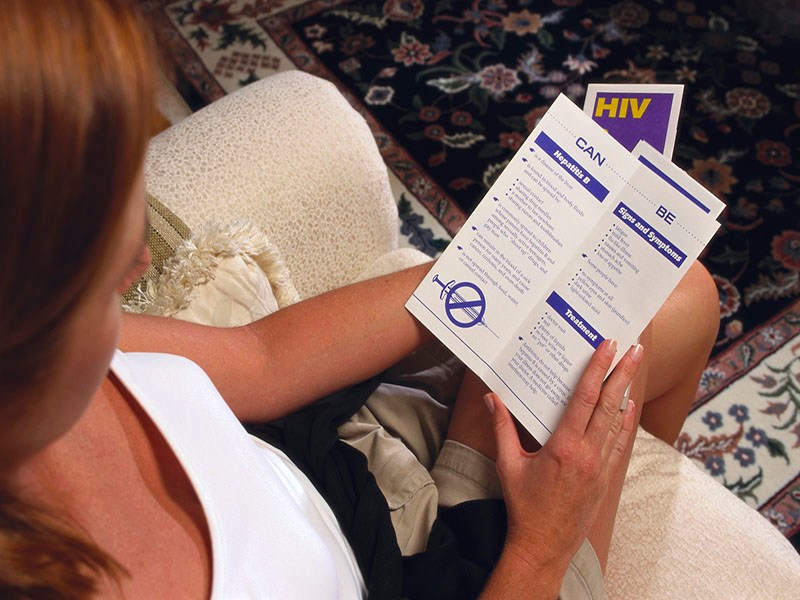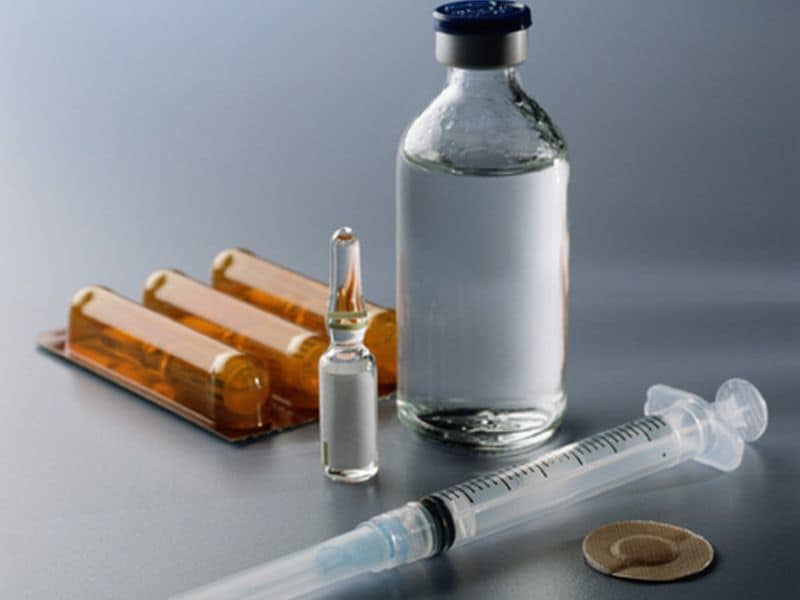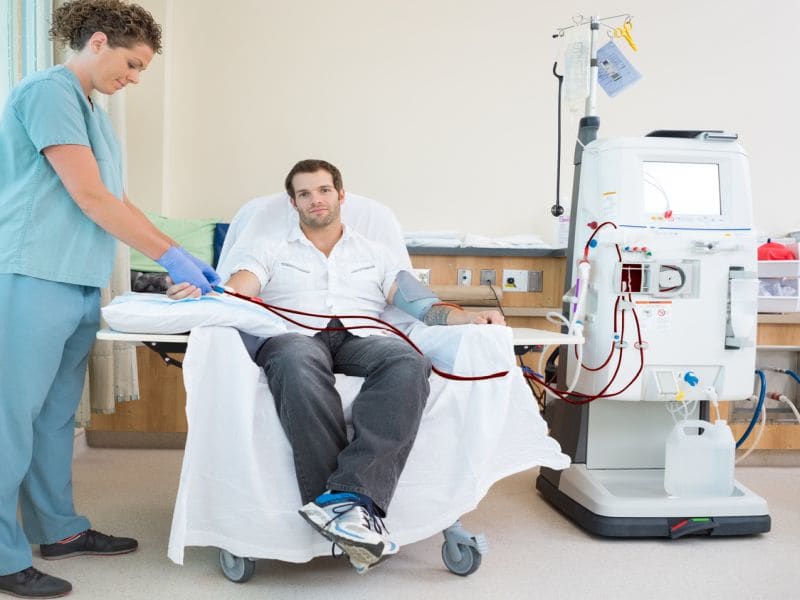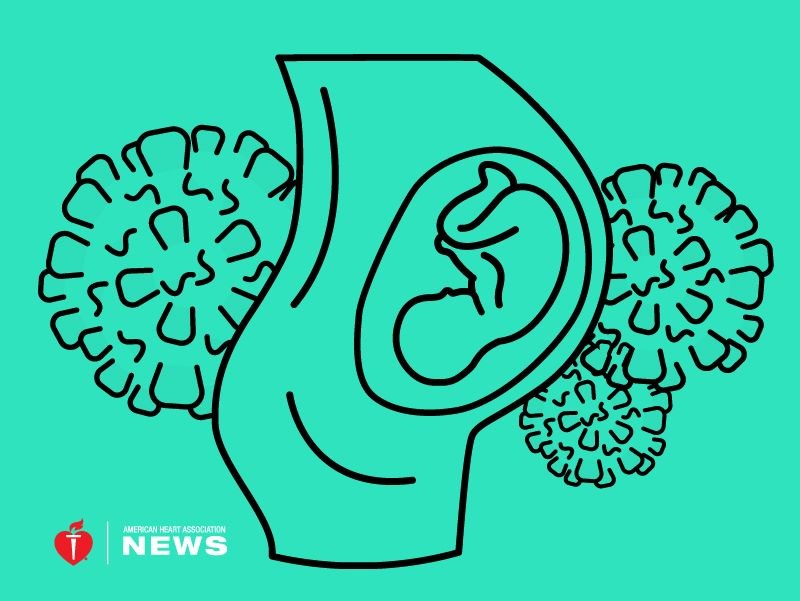Blood Infection Sepsis Tied to Heart Attack, Stroke
MONDAY, Sept. 10, 2018 (HealthDay News) — Survivors of serious bloodstream infections called sepsis are at increased risk for stroke and heart attack for four weeks after leaving the hospital, a new study finds. The study included roughly 42,300 sepsis patients in Taiwan. Of those, 22 percent died within 30Continue Reading












